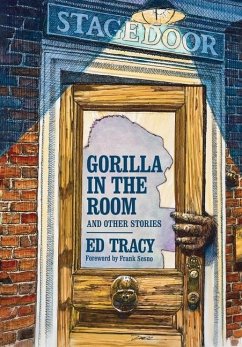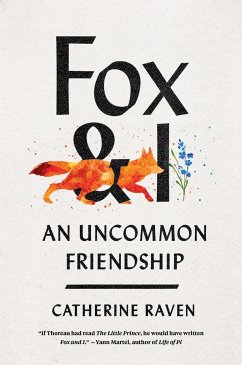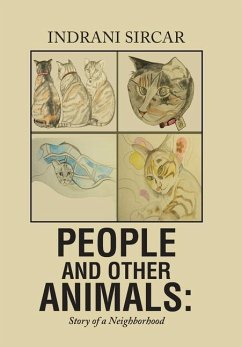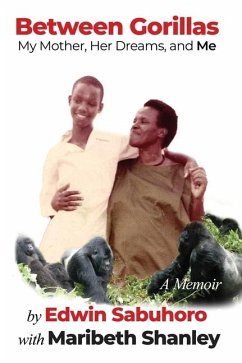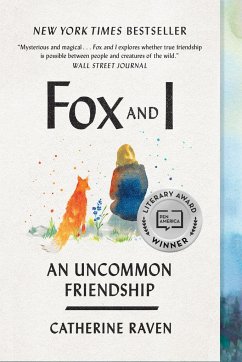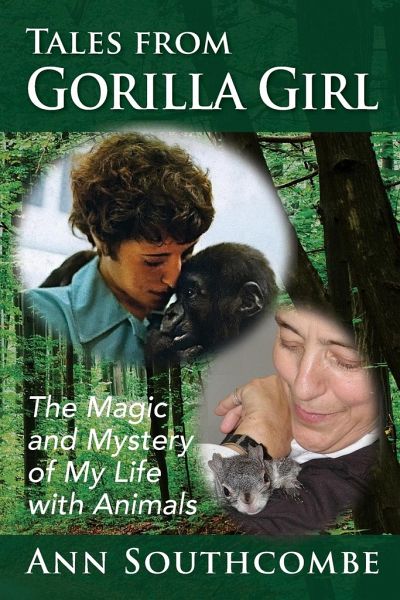
Tales from Gorilla Girl
The Magic and Mystery of My Life with Animals
Versandkostenfrei!
Versandfertig in 1-2 Wochen
55,99 €
inkl. MwSt.

PAYBACK Punkte
28 °P sammeln!
This fascinating and heartfelt memoir is about Ann Southcombe's life dedicated to her love and caring for animals. Ms. Southcombe's dedication and passion for animals has stretched over forty years and has taken her to the wilds of the Amazon, the undersea world of Hawaii, and the beautiful forested mountains of Oregon. During her career, she raised seven captive gorillas; she was the teacher to Michael, the companion of Koko, the gorilla; and to Chantek, the signing orangutan. An early pioneer who provided enrichment for captive animals, her name belongs on the same list as Jane Goodall, Dian...
This fascinating and heartfelt memoir is about Ann Southcombe's life dedicated to her love and caring for animals. Ms. Southcombe's dedication and passion for animals has stretched over forty years and has taken her to the wilds of the Amazon, the undersea world of Hawaii, and the beautiful forested mountains of Oregon. During her career, she raised seven captive gorillas; she was the teacher to Michael, the companion of Koko, the gorilla; and to Chantek, the signing orangutan. An early pioneer who provided enrichment for captive animals, her name belongs on the same list as Jane Goodall, Dian Fossey, and Penny Patterson for the work she has done to raise awareness of the importance of our relationships to our "non-human kin." From Ann Southcombe with a quote from Frans de Waal: In the early '70s when I worked with animals at the Cincinnati Zoo, I was ridiculed and called a "Bunny Hugger" because I thought the animals had thoughts and feelings similar to humans. I feel vindicated today, but still many scientists stay clear of such observations. Thankfully, many more do not. Sy Montgomery expressed my feelings so eloquently in her review of the book by Frans de Waal, Mama's Last Hug-Animal Emotions and What They Tell Us about Ourselves: "Too many illuminating observations have gone unpublished because suggesting that humans share traits with other animals invites accusations of anthropomorphism. To avoid such charges, researchers have invented a glossary of contorted terms: Animals don't have friends but "favorite affiliation partners"; chimps don't laugh when tickled, but make "vocalized panting" sounds. This isn't just silly; it's dangerous. Instead of worrying about anthropomorphizing animals, we should fear . . . what de Waal calls "anthropodenial." When . . . we pretend that only humans think, feel and know, "it stands in the way of a frank assessment of who we are as a species," he writes. An understanding of evolution demands that we recognize continuity across life-forms. . . . Achieving realistic and compassionate relationships with the rest of the animate world requires that we honor these connections, which extend far and deep."





